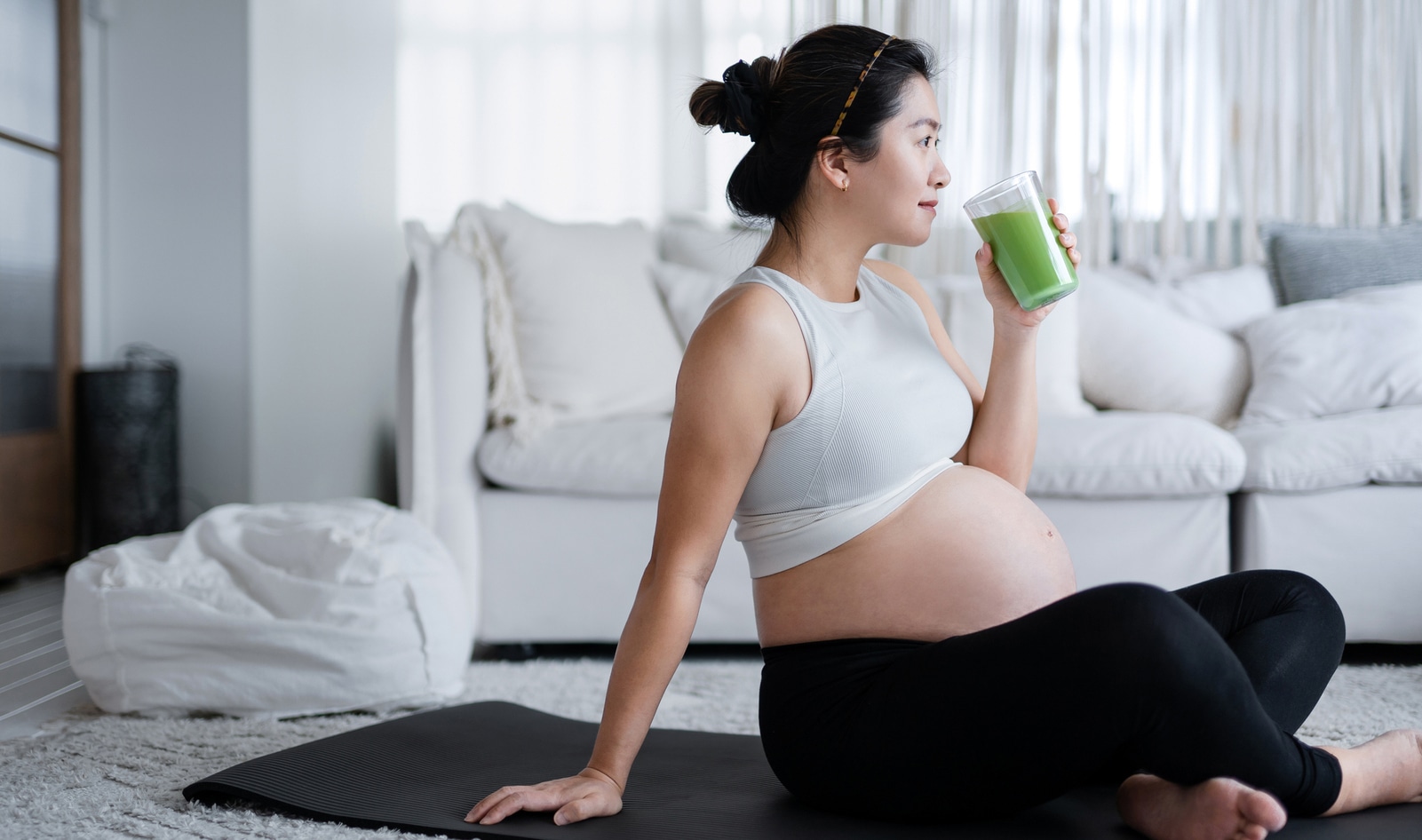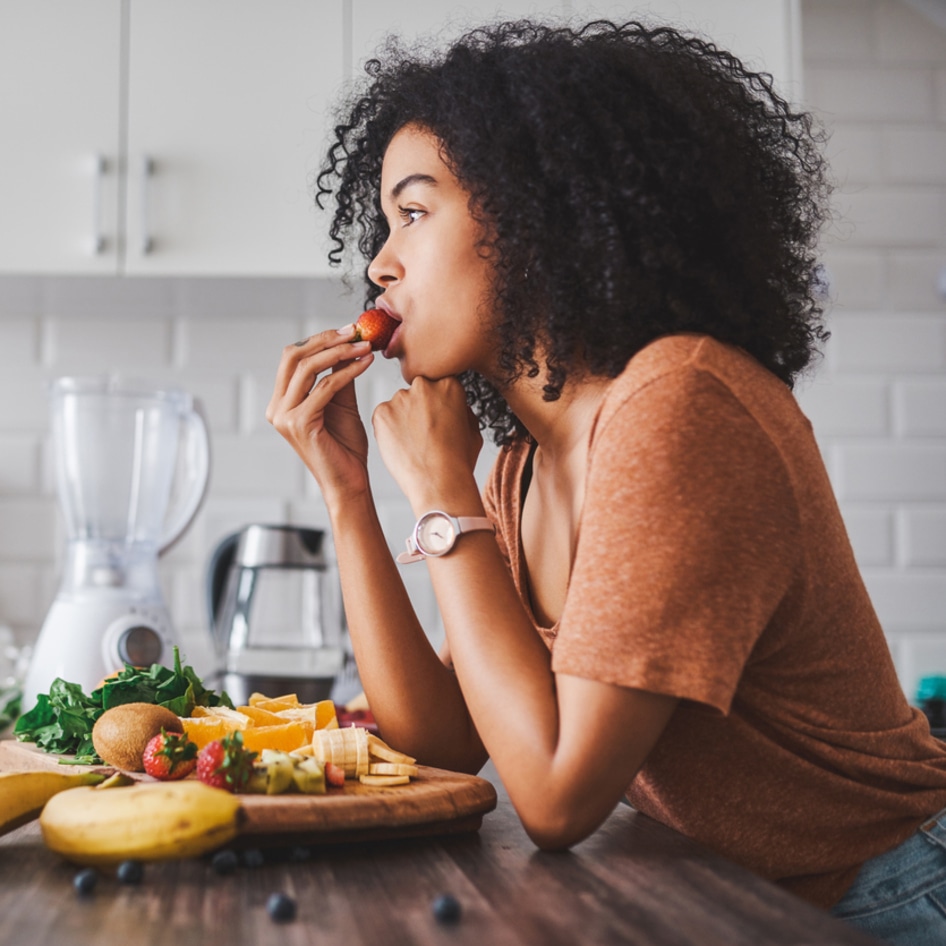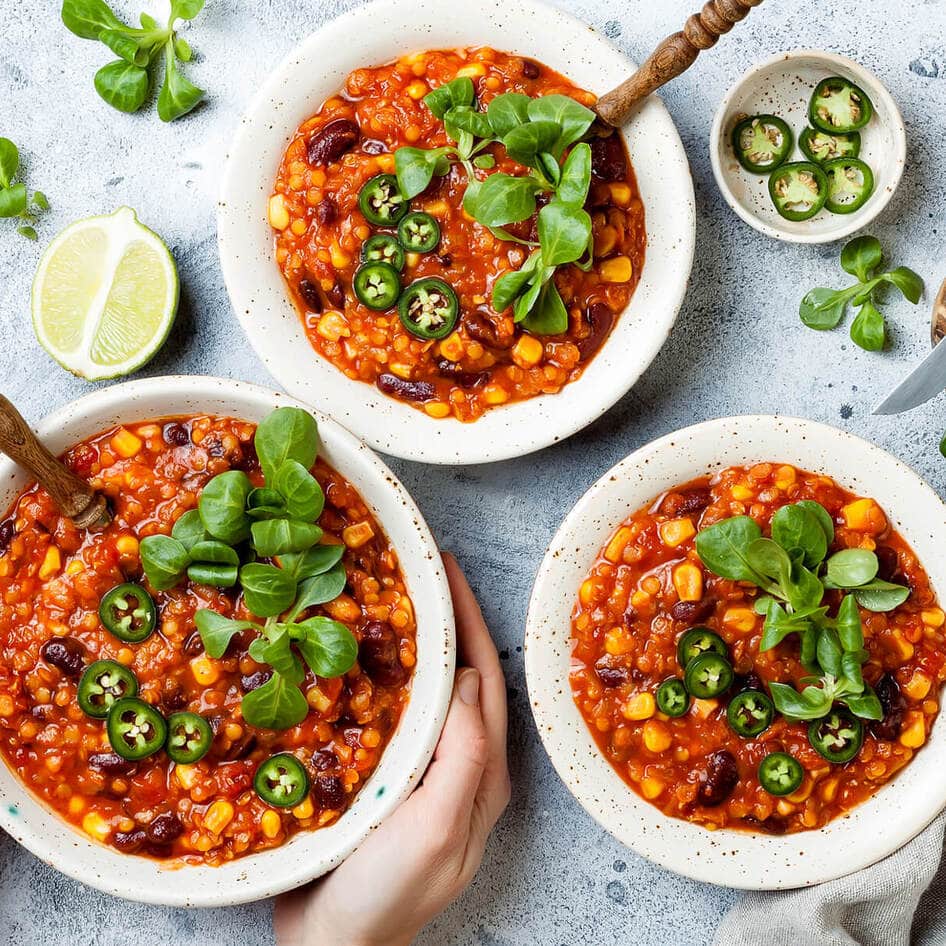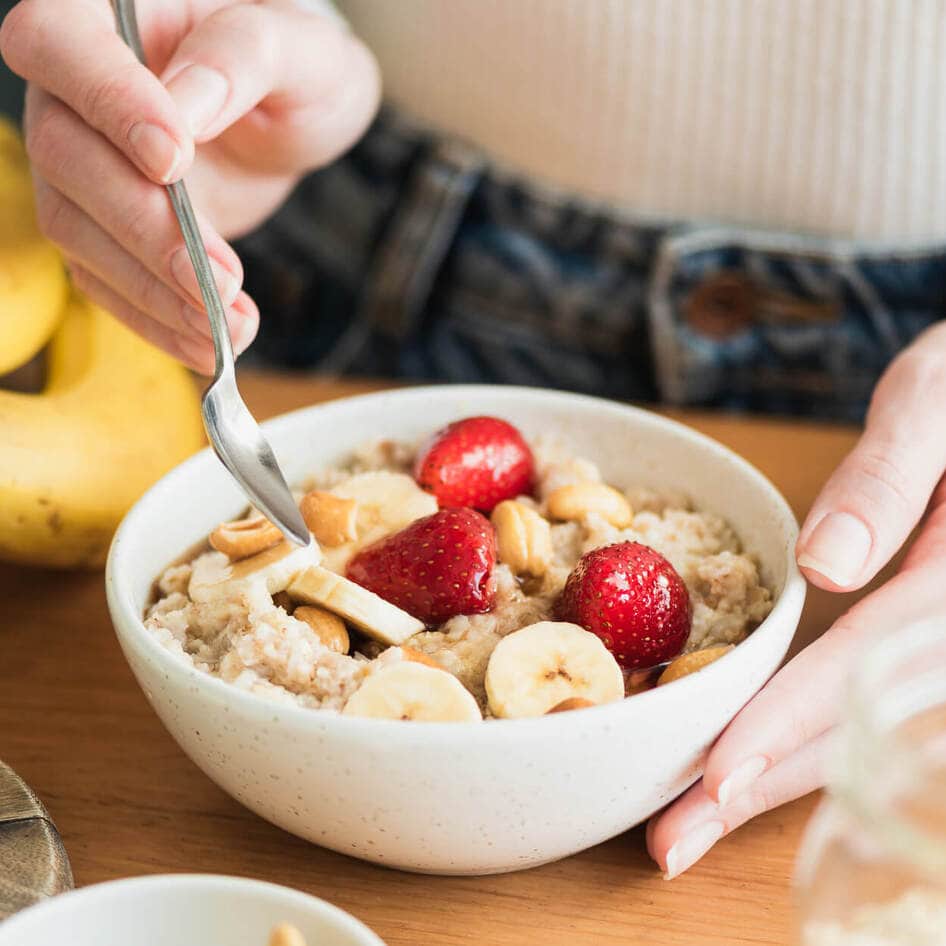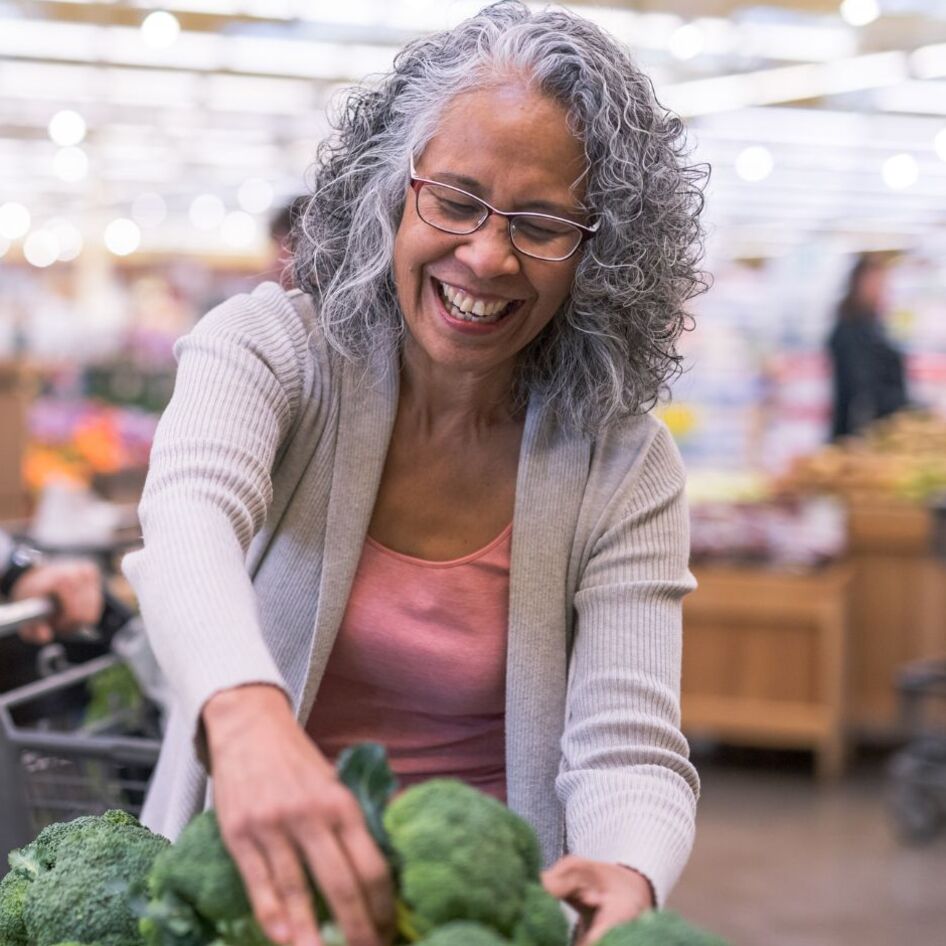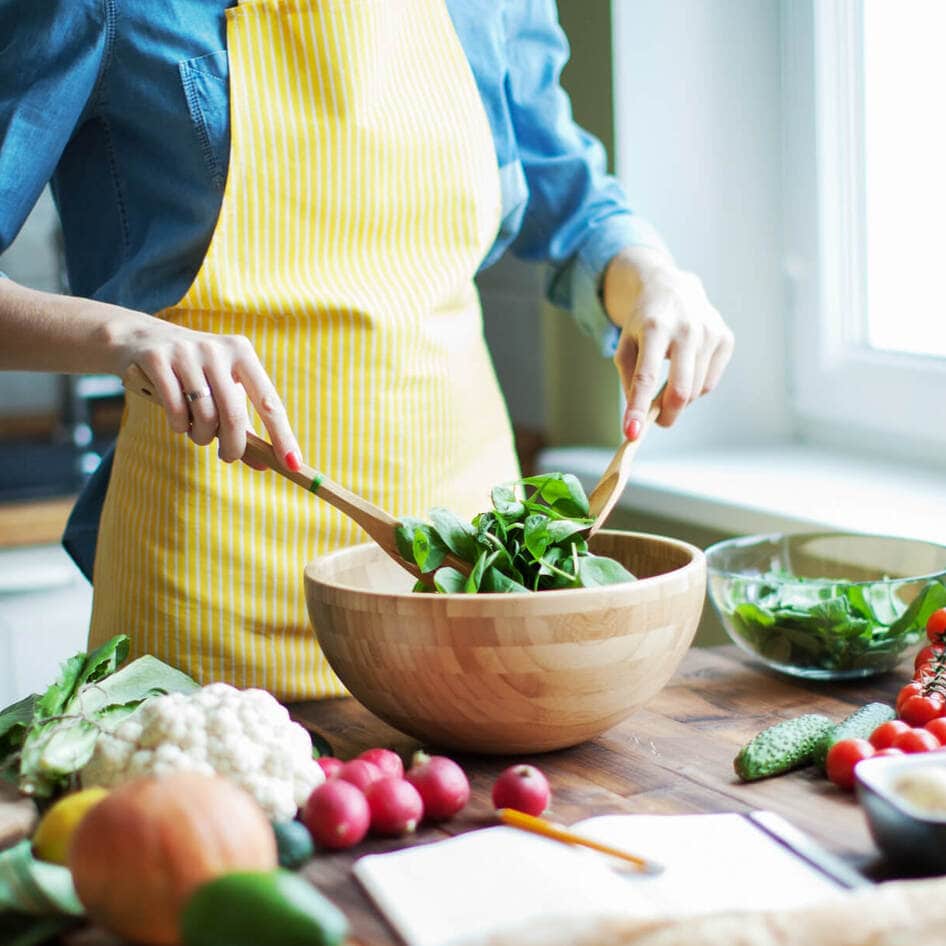For most parents, pregnancy can be like entering foreign territory with rapidly changing bodies, wild hormone swings, and a barrage of well-meaning-but-pesky unsolicited input from every direction. Add veganism on top of it, and the stress could get overwhelming—but it doesn’t need to be. With some research, planning, and support, you can glow and thrive through this wonderful nine-month phase of life. Here’s how.
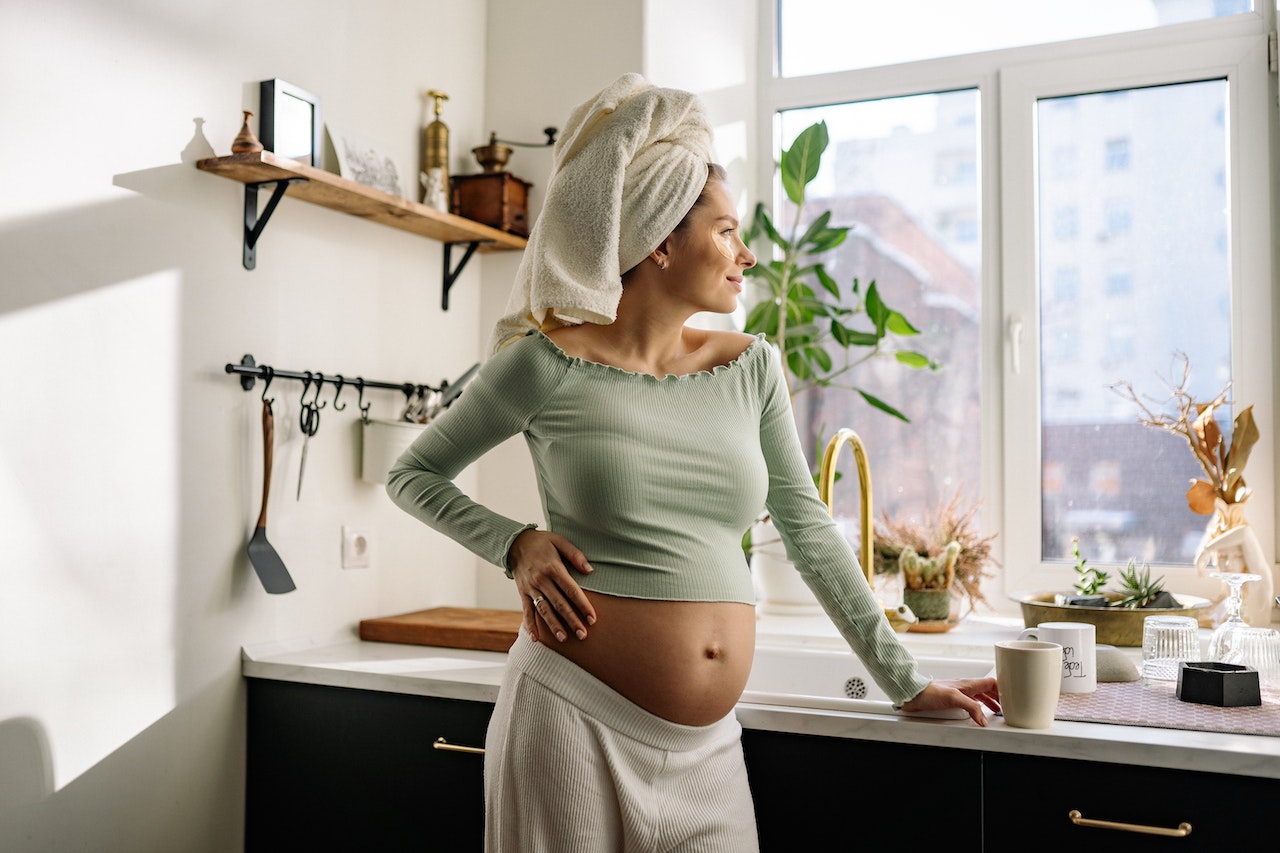 Pexels
Pexels
Is vegan pregnancy safe and healthy?
Q: I’m finding myself entering a stage of life where I might think about having a baby. But I hear so much conflicting information about being vegan while pregnant. Is it safe?
A: Great question—nutrient needs increase during pregnancy, and you’re growing another human, so is it possible to get everything you need without animal foods? The answers to these questions, in general, are yes!
The Academy of Nutrition and Dietetics says that appropriately planned vegan diets are healthful for all stages of the life cycle, including pregnancy. With some added attention to dietary supplements and increasing intake of key food groups, you can certainly meet your nutrient needs as a pregnant vegan―and many people have.
And when it comes to healthcare, it can be helpful to be as prepared as possible before your visits to the doctor’s office. If your provider shows concern or gives you any pushback, ask them what in particular they are concerned about and then explain how you are taking care of it. For example, some providers might not understand how vegans can get enough calories, protein, vitamin B12, omega-3s, or choline. Even if it seems like they should know these things (most medical students get only around 20 hours of training in nutrition before becoming doctors), it’s in your best interest to kindly explain how you’re managing your nutrition. Be sure to get all recommended bloodwork and tend to any deficiencies expediently. Low vitamin D and low hemoglobin (a marker of iron status) are common in pregnancy—and not just for vegans—so be sure you’re eating and supplementing adequately.
Pro-tip: Not sure how to meet your nutrient needs during pregnancy? Reach out to a vegan registered dietitian for personalized guidance. They’ll be able to assess your current eating patterns and give you tailored advice for getting everything you need to help you and your baby thrive.
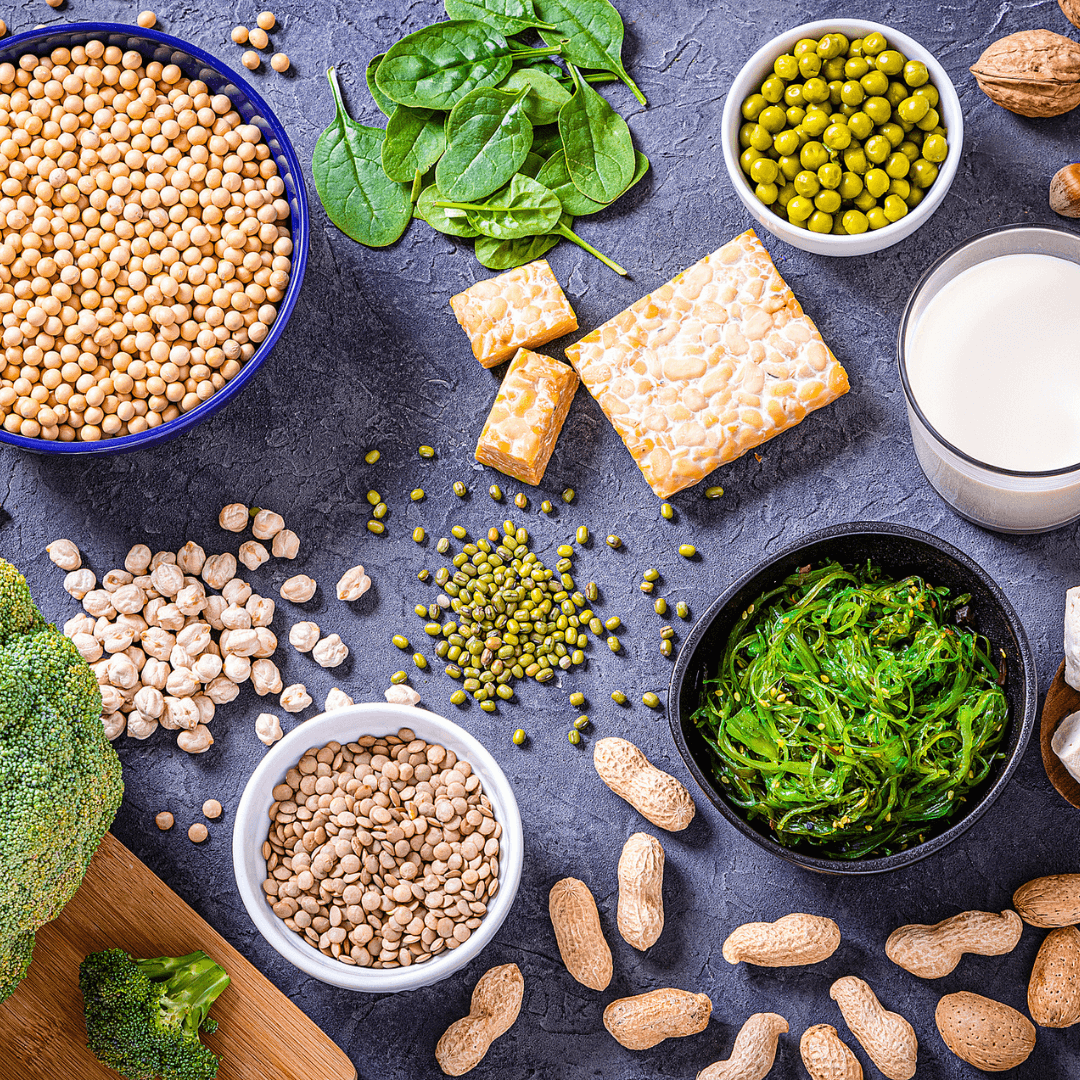 Pexels
Pexels
How much protein do I really need?
Protein—it’s perhaps what we talk about the most when discussing plant-based diets. But as tiring as our society’s protein obsession may be, the truth is that when we talk about pregnancy, it’s worth the discussion.
Protein needs increase significantly during pregnancy—which makes sense when you consider all of the new bones, organs, muscles, and other tissues you’re growing. So a helpful way to ensure an adequate protein intake without having to fuss and count grams is to have at least 1 cup of cooked beans, soy, peas, or lentils at meals. And incorporating foods such as whole grains, nuts, and seeds throughout the day will also add to your protein. Try to eat every three hours to keep the nutrients flowing, which will also help stave off nausea (often worse on an empty stomach).
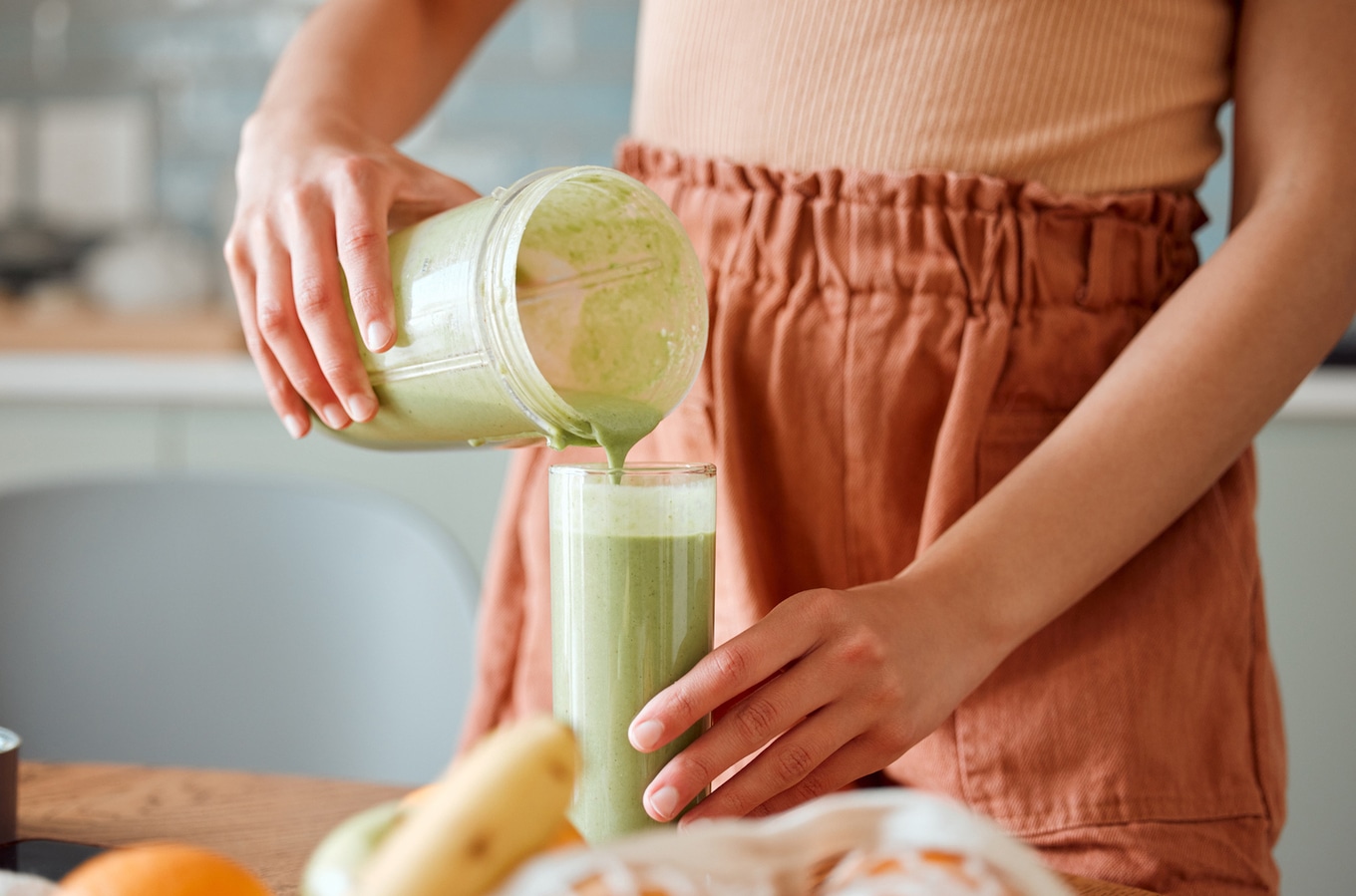 People Images/Getty
People Images/Getty
High-protein meal ideas
- Smoothie made with vegan milk, pea-protein powder, hemp seeds, fruit, and greens
- Oatmeal made with soy milk and topped with peanut butter, flaxseed, and fruit
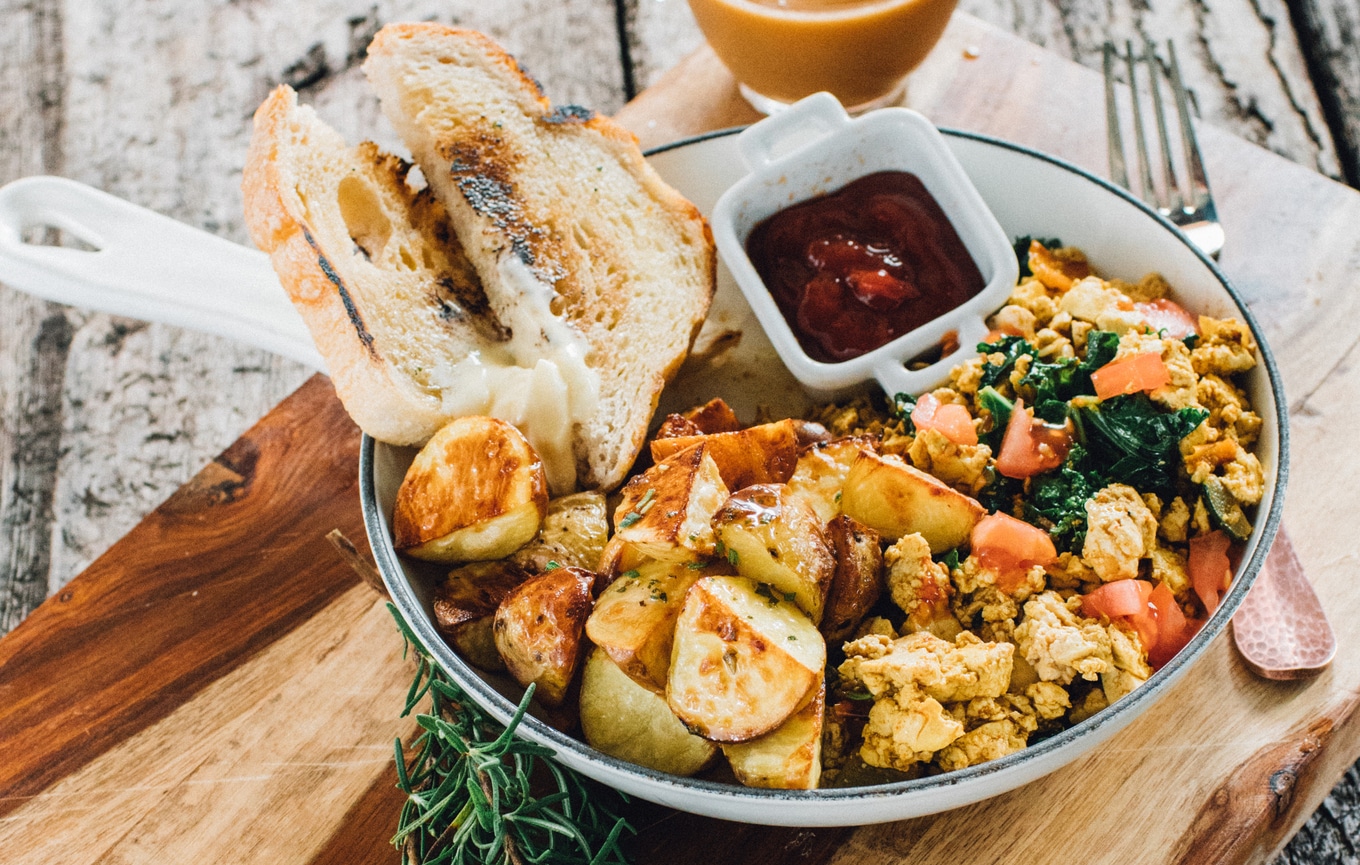 Hollan Hawaii
Hollan Hawaii
- Tofu scramble with vegetables, whole-grain toast, and a glass of pea protein-based milk
- Sandwich of soy-based deli slices on whole-grain bread with a side of hummus and vegetables
- Barbecued tempeh over quinoa and collard greens
- Bean chili topped with cashew cream, plus whole-grain cornbread and a glass of soy milk
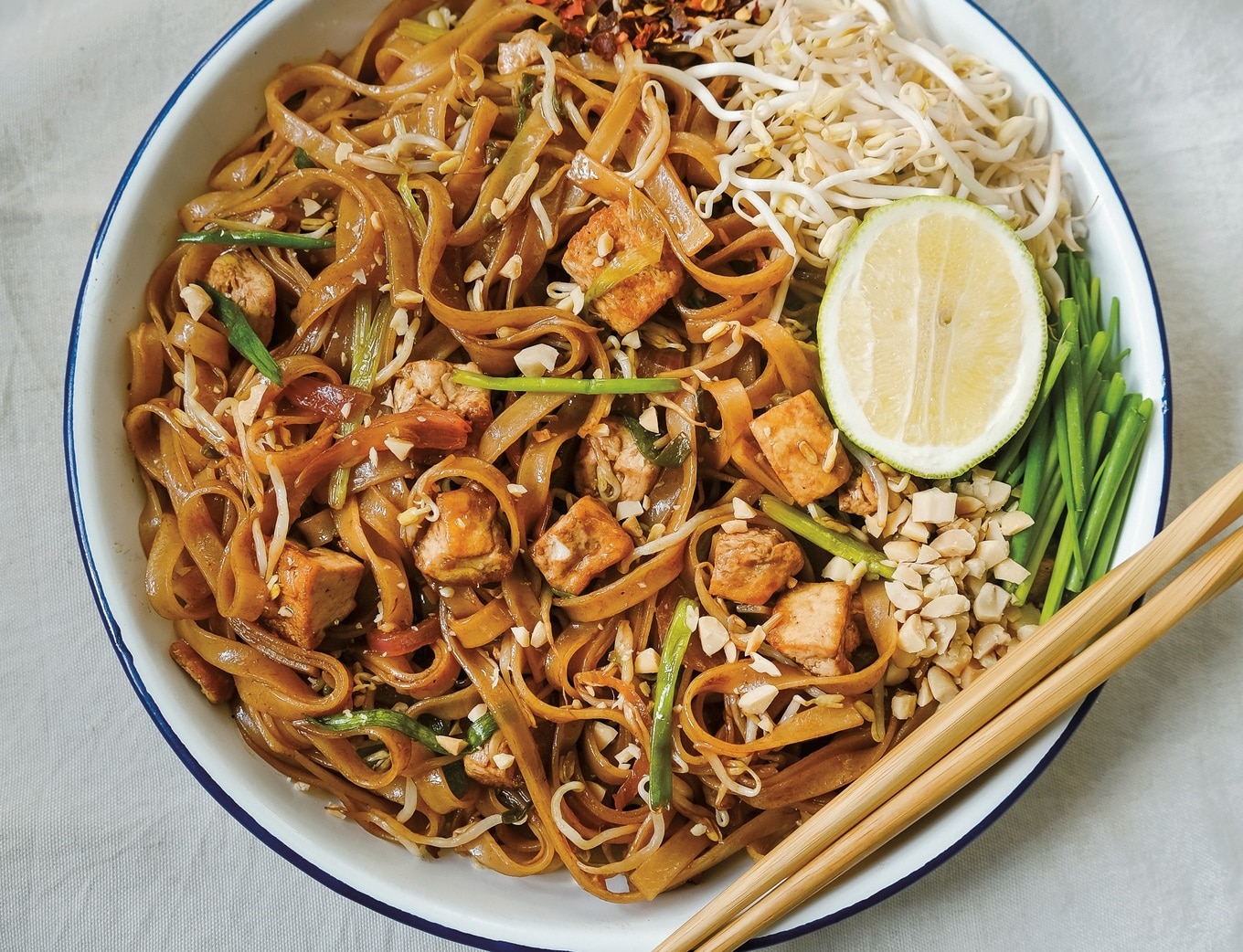 Jeeca Uy
Jeeca Uy
- Brown rice noodles with peanut sauce, edamame, and mixed vegetables
- Lentil curry over brown rice topped with cashews
- Lentil or chickpea pasta with marinara sauce and vegan meatballs with a side of green vegetables
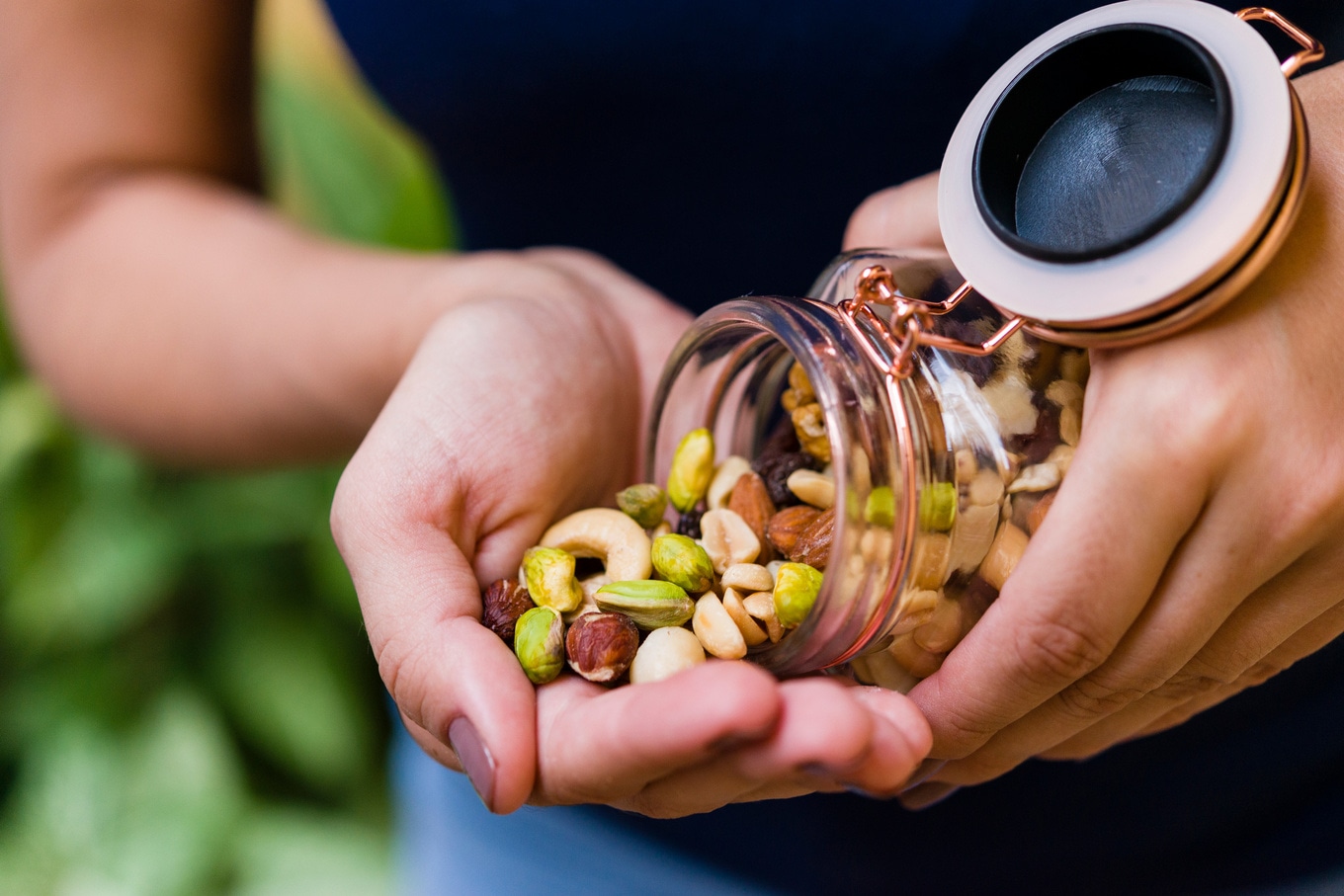 Pexels
Pexels
High-protein snack ideas
- Apple slices and almond butter
- Snack board with hummus, vegetables, and whole-grain pita
- Whole-grain muffin with a glass of soy milk
- Soy yogurt topped with fruit and chia seeds
- Tortilla chips with a refried bean dip
- Trail mix with pumpkin seeds, walnuts, pistachios, and dried fruit
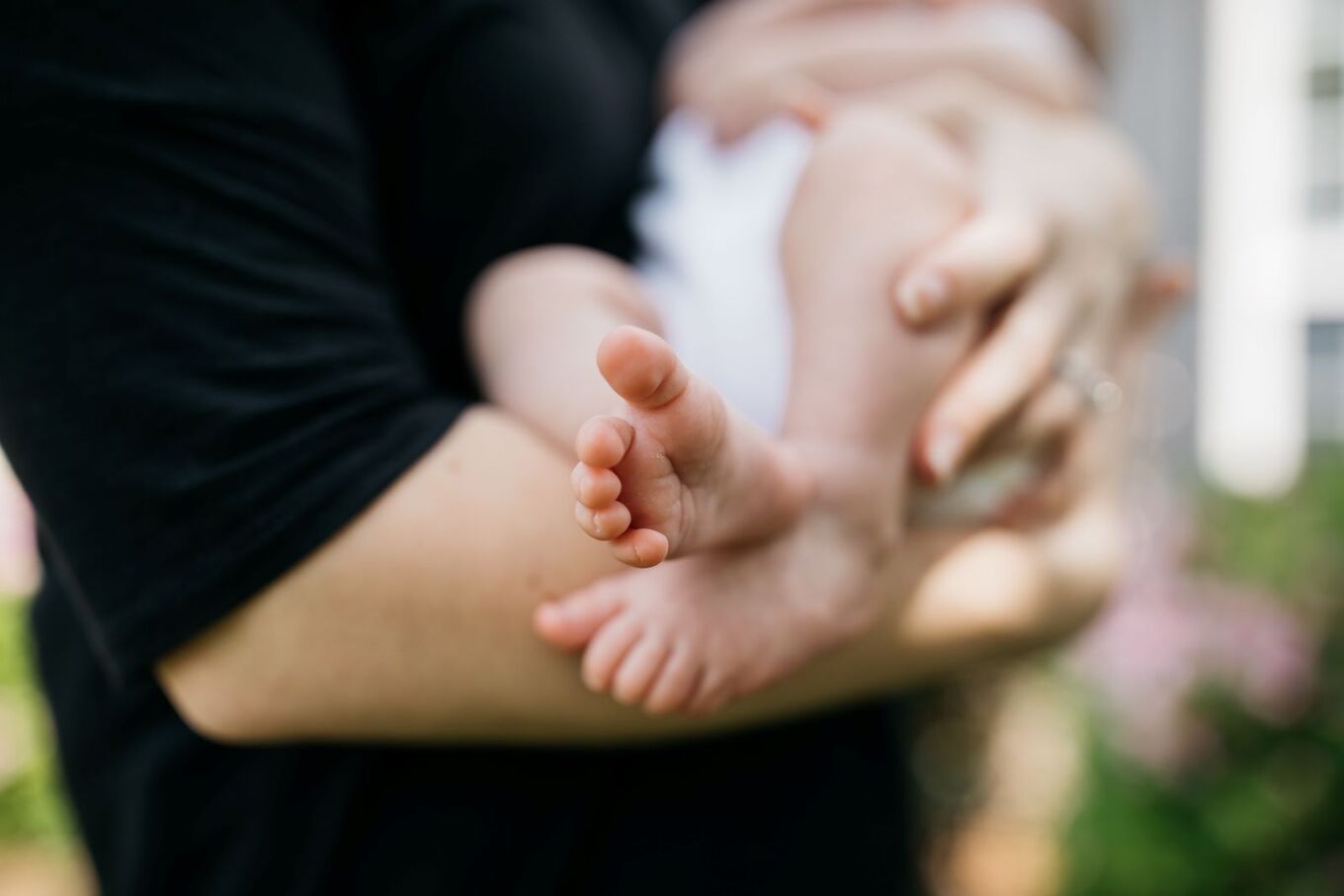 Wes Hicks/Unsplash
Wes Hicks/Unsplash
Is it healthy to be vegan while breastfeeding?
Many of the same nutrition guidelines during pregnancy can be used when you’re breastfeeding or chestfeeding, too. Energy and nutrient needs soar even higher during this time, while your time and energy for planning and preparing food is likely at an all-time low.
1 Avoid exhaustion—accept help
Take advantage of offers from friends, family, and neighbors to cook or drop off food, ask for assistance when needed, and stash snacks in the areas where you may be feeding your baby.
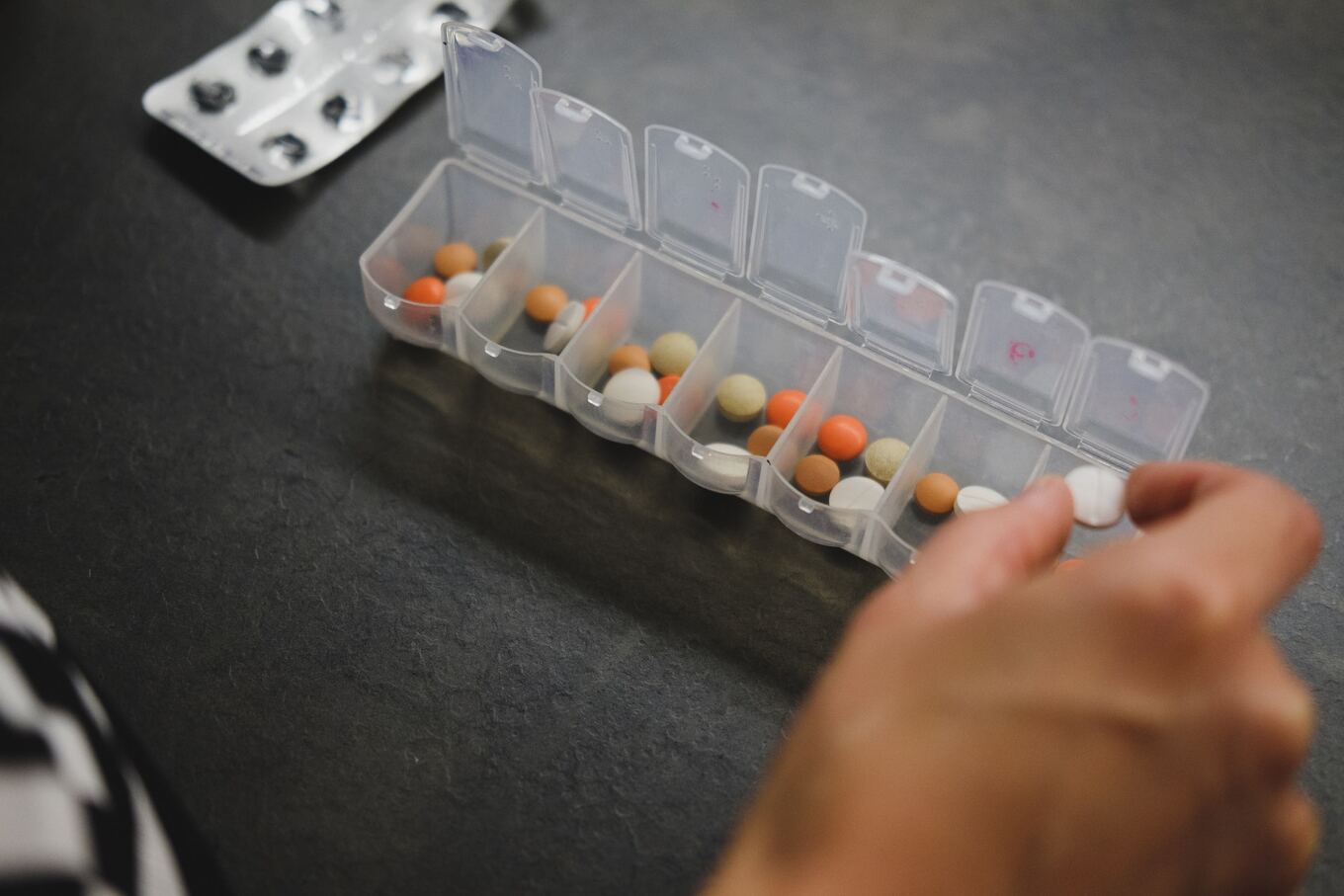
2 Hydrate and get your vitamins
Drinking plenty of water and continuing to take your vegan prenatal multivitamin and other supplements as directed by your provider will help, too. Hit your choline goals—an essential micronutrient for lactating—with foods like tofu, soy milk, cruciferous vegetables, quinoa, and peanut butter, and consider a supplement. And make sure your prenatal contains at least 150 mcg each of iodine and vitamin B12. Vegans also need to take a DHA supplement to ensure the baby is getting this critical nutrient through breast/chest milk.
3 Keep it in perspective
While prioritizing nourishment and hydration are important for milk production, there are many factors that influence milk production and baby’s feeding abilities, and it’s not your fault if breast/chestfeeding doesn’t work out. There is no shame in feeding your baby formula! While there are no 100-percent vegan baby formulas in the US (they contain animal-sourced vitamin D), there are soy formulas on the market.
For more articles like this, read:
JUMP TO ... Latest News | Recipes | Guides | Health | Subscribe

